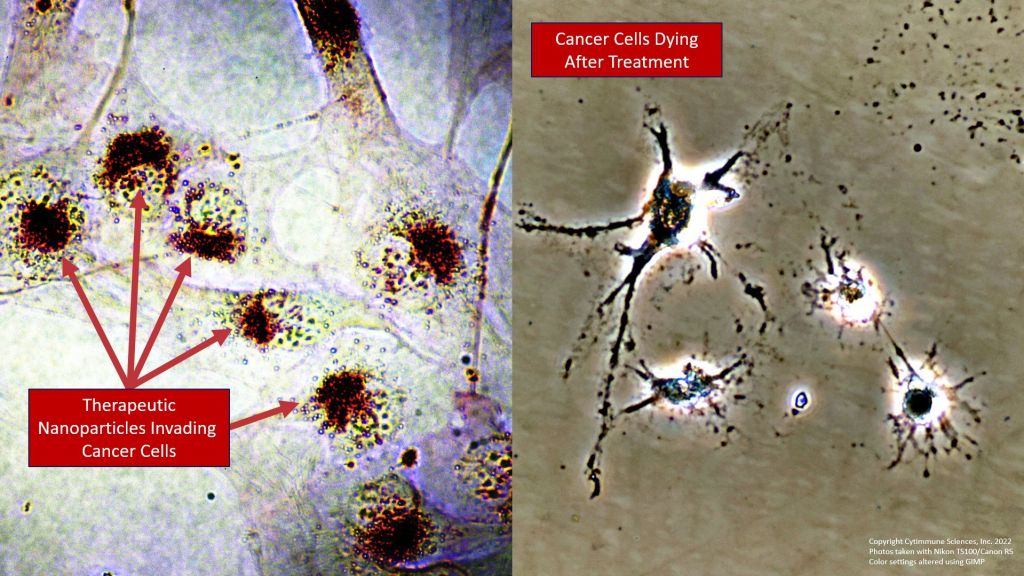Researchers from Cytimmune Sciences, a clinical-stage biotech company, have presented new data on the company’s novel cancer nanomedicines.
The presentation took place at the Cytokine Drug Development Conference held in Boston, Massachusetts, late last month.
David Oarr, Cytimmune’s president, participated in the event’s opening panel to discuss the current clinical status and future anticipated progress in the use of cytokines in the treatment of cancer. Giulio Paciotti, Cytimmune’s chief science officer, was a featured speaker at the event and presented data on the company’s novel cytokine-based nanomedicines, which have been designed to make these promising immune stimulating molecules safer and more effective.
Cytokines are immune system signaling molecules that have huge clinical potential, including the ability to destroy critical tumor support structures such as blood vessels, drive a multi-faceted anti-cancer immune response, and initiate targeted killing of cancer cells.
Oarr described the challenges historically associated with cytokine delivery: “Clinical use of this class of immune system molecules has been hampered by high levels of off-target toxicity, an inability to deliver multiple cytokines in combination, and very short half-lives. Cytimmune is focused on designing therapies that overcome these challenges.”
Preclinical data
Paciotti presented a combination of preclinical and clinical data on the company’s nanomedicine assets to demonstrate that Cytimmune’s nanoparticle platform may provide a viable clinical solution to the toxicity and short half-life challenges associated with most cytokines. Additional data were presented to illustrate Cytimmune’s approach to packaging combinations of high doses of multiple cytokines on a single nanoparticle.
Paciotti said: “Combination delivery of cytokines is essential to maximizing the efficacy of these molecules against solid tumor cancers. We believe our data clearly show that using our nanoparticle platform to simultaneously deliver synergistic cytokines such as Interferon gamma and Tumer Necrosis Factor alpha, or Interleukins 2 and 12, can result in an increase in anti-cancer effect of more than 100-fold.
“Additionally, our preclinical data show that even individual cytokines delivered on our nanoparticle platform are vastly more potent than native cytokines delivered at the same concentration. I believe supercharged cytokine combinations have the potential to be a game-changer immunotherapy in the treatment of solid tumor cancers.”





